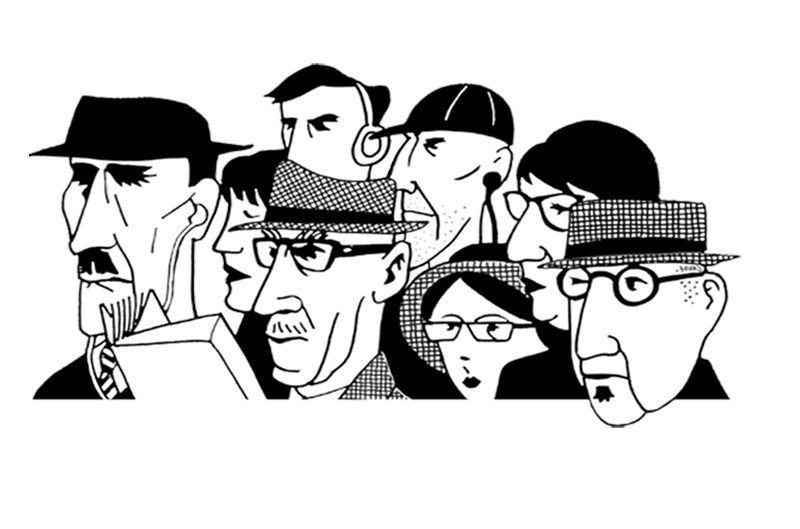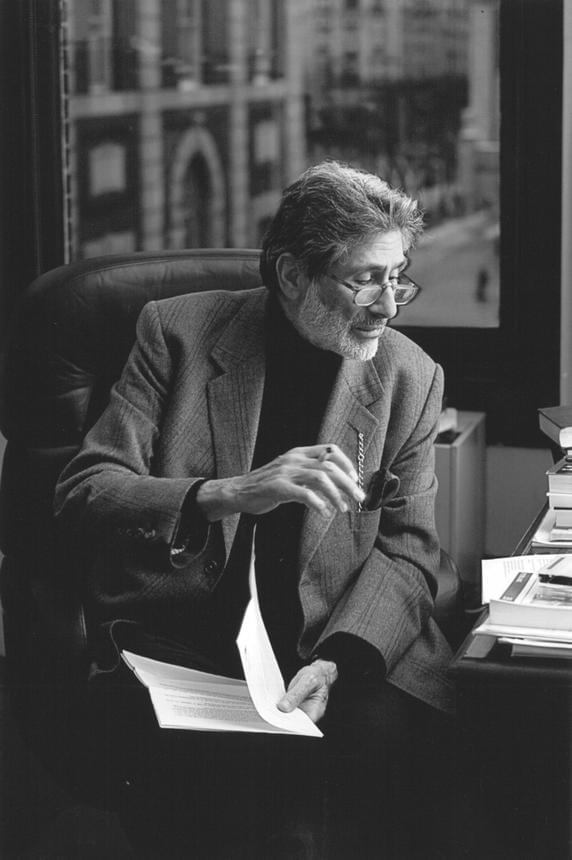The Question of Palestine
Edward W. Said and Saree Makdisi
Foreword by Saree Makdisi
This original and deeply provocative book was the first to make Palestine the subject of a serious debate—one that is now more critical than ever. With the rigorous scholarship that he brought to his influential Orientalism and an exile’s passion (he was Palestinian by birth and had been a member of the Palestine National Council), Edward W. Said traces the fatal collision between two peoples in the Middle East and its repercussions in the lives of both the occupier and the occupied—as well as in the conscience of the West. He updated this landmark work to portray the changed status of Palestine and its people in light of such developments as the Israeli invasion of Lebanon, the intifada, the Gulf War, and the ongoing Middle East peace initiative.
For anyone interested in this region and its future, The Question of Palestine remains the most useful and authoritative account available.
INTERVIEWS and REVIEWS
Age
GLAM Adelaide
RNZ: Nine to Noon
andThe Question of Palestine
‘For those of us who see the struggle between Eastern and Western descriptions of the world as both an internal and an external struggle, Edward Said has for many years been an especially important voice.’
‘Edward Said is among the truly important intellectuals of our century.’
‘The re-publication of this seminal 1979 study couldn’t have come at a more critical moment…The writing, fired by passion yet calmly stated, is masterly.’
‘[A]rguably New York’s most famous public intellectual after Hannah Arendt and Susan Sontag, and America’s most prominent advocate for Palestinian rights.’
‘In this seminal text, Edward Said stridently diagnoses western hypocrisy and makes the case for Palestinian liberation, paving the way for so many thinkers who came after him. I wish it were not so, but The Question of Palestine is just as relevant now as it was in 1979.’
‘This re-issue of The Question of Palestine only lends more weight and value to Edward Said’s work, to his vision and analysis, to the enduring need for his core principles of justice and empathy. Principles that have perhaps never been as severely tested as they are today. Passionate and patient, the book displays all the features that made Said a great thinker and a powerful advocate, whose absence continues to be felt.’
‘A compelling call for identity and justice.’
‘Said is a brilliant and unique amalgam of scholar, aesthete, and political activist…His learning is global.’
‘[Edward Said] is incredibly eloquent, and I believe, one of the great minds of our time. A humbling read…Gives us an ignored perspective from a trusted source.’
‘Essential reading…Decades later, the book remains relevant and the situation, still unresolved.’





